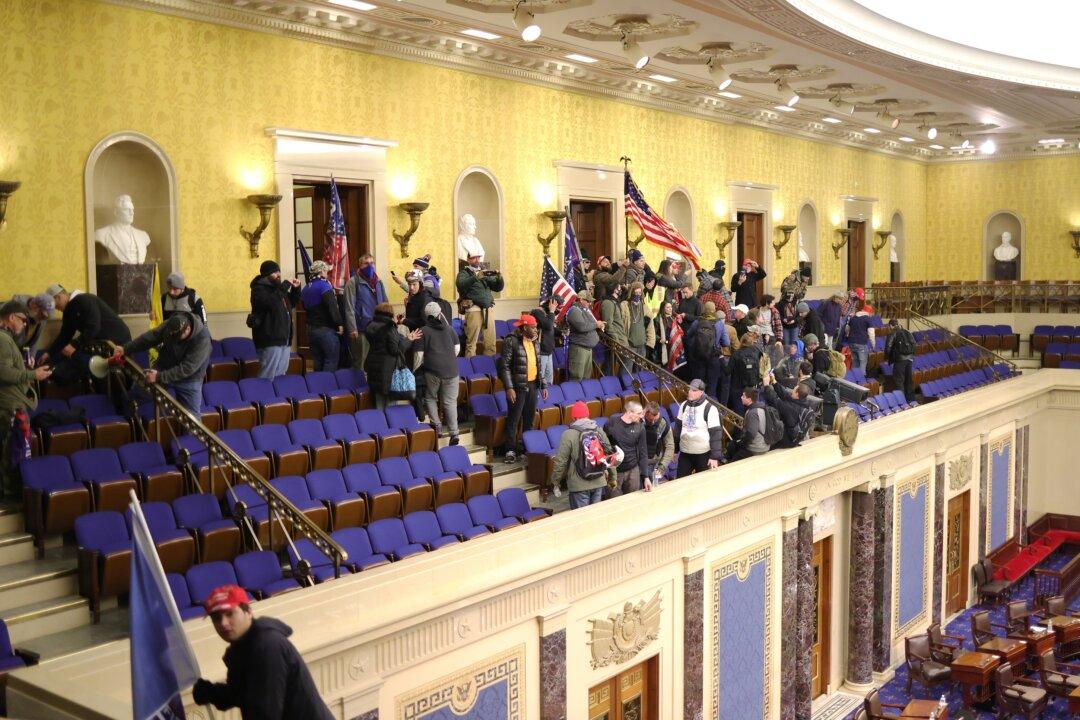Google and Facebook executives were placed on the defense this week as they were questioned on the role their platforms played in the Jan. 6 breach of the U.S. Capitol.
Protesters who stormed the Capitol used Google-owned YouTube and Facebook, among other platforms, before and during the storming.





